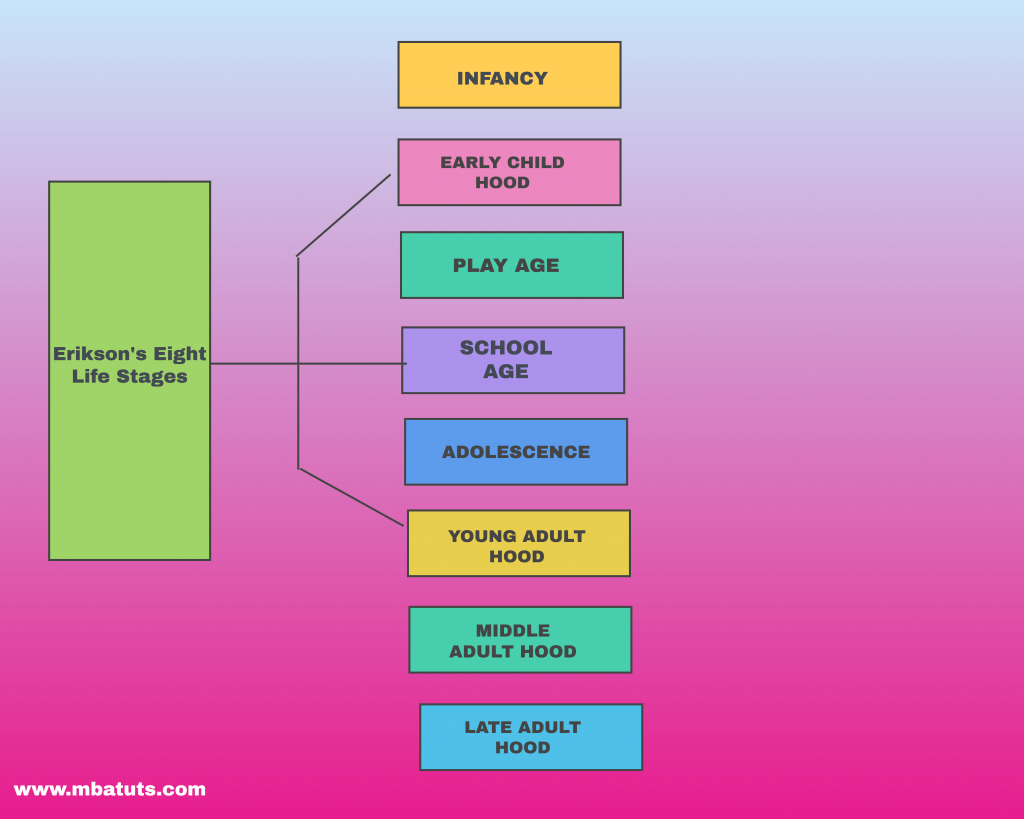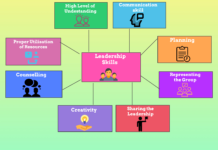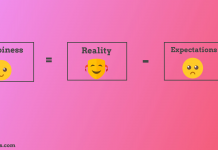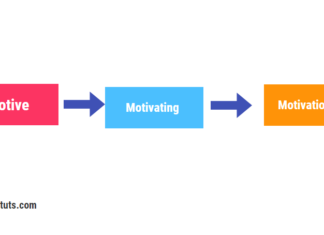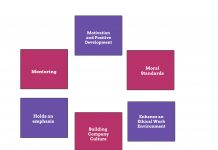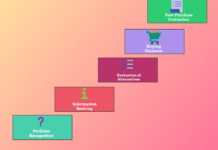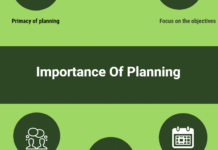Erikson’s Eight Life Stages
According to Erikson, every person passes through different stages of life according to which his personality is been developed both positively and negatively. Following are Eight life stages
1. Stage – Infancy (Age- 1 year)
Here the kid learns about developing trust v/s mistrust
Trust: The infants are raised in loving a loving and affectionate environment where they learn to trust others
Mistrust: Lack of love & affection leads to develop mistrust among kids.
2. Early Childhood ( Age 1-3 years)
Autonomy V/s Shame & Doubt
Autonomy: The child is allowed to acquire independence he feels autonomy.
Shame & Doubt: Not allowed to acquire independence the child feels shame & doubt.
3. Play age (4-5 years)
Sense of Initiative v/s Lack of Self Confidence
Sense of Initiative: If the child is allowed & encouraged to do what he wants to do the child develops a sense of initiative.
Lack of Self-Confidence: If the child is discouraged to do what he feels he lacks self-confidence and fear develops of anything.
4. School Age( 6-11 years)
Industry v/s Inferiority
Industry: If the child makes progress compatible with his abilities a sense of industry is been developed.
Inferiority: If the child does not make any progress it results in a sense of inferiority.
5. Adolescence (12-20 years)
Ego Identity v/s Role Confusion
Ego Identity: Children during their teenage period try to gain a sense of identity in society for them. Autonomy, initiative& industry development in the earlier stages help teenagers to gain identity for them.
Role Confusion: The absence of meeting the requirement of results in role confusion which includes time confusion, authority confusion, and value confusion.
6. Young Adult Hood (21-24 years)
The feeling of Closeness v/s Isolation
The feeling of Closeness: There is an attitude of care, respect & responsibility towards others.
Isolation: No real involvement is there and this results in the feeling of social emptiness is been developed.
7. Middle Adult Hood (25-60 years)
Generativity v/s Stagnation
Generativity: The person is productive & creative the person enriches his life later he establishes and guides the next generation this stage is generativity.
Stagnation: This increases ego, unproductiveness, and feeling of meaningless in a person’s life.
8. Late Adult Hood ( 60 & above)
Integrity v/s Failure
Integrity: An adult with integrity gains a sense of wisdom he appreciates the continuity of past, present, and future & becomes fully satisfied even doesn’t have a fear of death.
Failure: The reverse situation results in fear of death, depression& wants a second chance at a life cycle.


